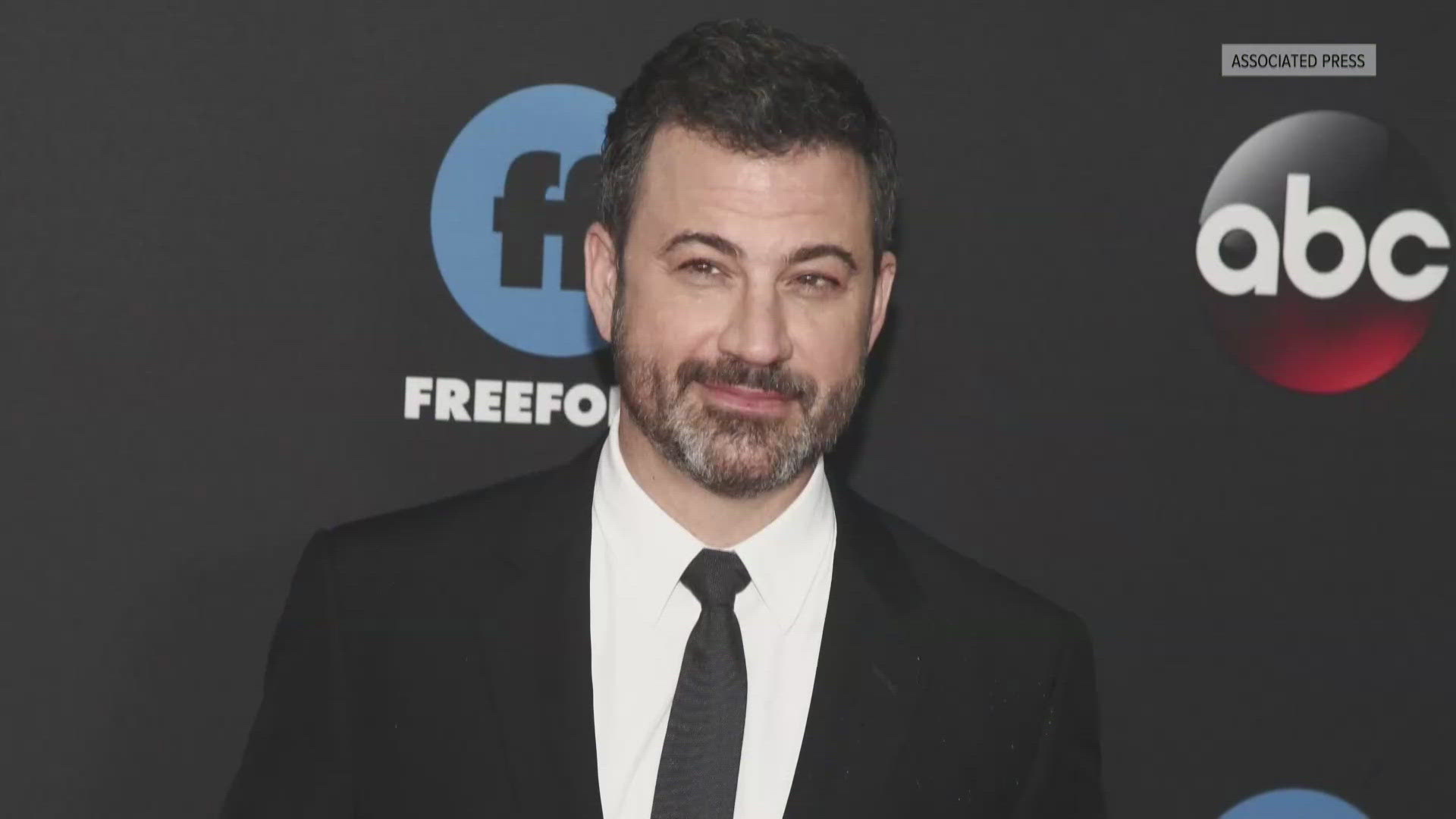Veteran Nollywood Actor Chief Kanran Dies at 70: A Life of Art, Legacy, and Influence in Yoruba Cinema
The Nigerian entertainment industry is mourning the loss of one of its iconic figures, Olusegun Akinremi, popularly known by his stage name Chief Kanran, who passed away at the age of 70. His death was confirmed on Friday morning by Nigerian movie executive and producer Seun Oloketuyi, who announced the news in a heartfelt Instagram post.
Chief Kanran death
“Veteran actor Segun Remi, widely known as Chief Kanran, passed away early Friday morning. More details will be released soon,” Oloketuyi wrote, marking a solemn moment for lovers of Yoruba cinema and the wider Nollywood community.
A Luminary of the Yoruba Film Industry
Chief Kanran was not only a familiar face in Nigerian households, but a symbol of cultural depth and artistic excellence. Known for his regal screen presence, commanding voice, and sharp comedic timing, the actor carved a niche for himself in the Yoruba film industry, portraying royalty, chiefs, elders, and wealthy businessmen with finesse.
Chief Kanran FESTAC 77
He began his professional acting career in 1975, transitioning from stage performances to television and film. One of his earliest and most celebrated roles was the title character in Kurunmi, the historical play written by Professor Ola Rotimi. This role, along with his appearance in the groundbreaking stage production Langbodo—Nigeria’s official drama entry for the legendary FESTAC ’77—cemented his place as a national cultural icon.
Over the decades, Chief Kanran became a household name through his roles in Yoruba classics like Efunsetan Aniwura, Ewe Orun, Aiye, Agbarin, and Bata Wahala. On television, he gained further popularity in series such as Mirror in the Sun and Images, showcasing his versatility as both a dramatic and comedic actor.
His portrayal of Alaafin Kanran in a televised drama aired by Lagos Television on October 1, 1988, remains etched in the memory of his fans.
A Man of Principle in a Changing Industry
In a candid interview in 2020, Olusegun Akinremi opened up about his decision to step away from the film industry. He cited internal politics, unprofessionalism, and clique culture as key reasons behind his withdrawal.
“There is politics everywhere and different cliques even in our profession. Some people in the industry see people like me as a threat. Because I won’t compromise professionalism, and that made many uncomfortable with me,” he revealed.
Despite stepping back from mainstream productions, Olusegun Akinremi remained a revered figure in Nigerian theatre arts and was often celebrated for his contributions to preserving Yoruba heritage through drama and film.
Chief Kanran obituary
As of the time this report was filed, the cause of Chief Kanran’s death has not been officially disclosed. According to ALO30, the late actor’s family has yet to issue a formal statement regarding his passing or announce details concerning his burial arrangements.
Fans, colleagues, and cultural institutions across Nigeria have already begun sharing tributes to the late actor, with many praising his decades-long commitment to excellence in Yoruba cinema and stage performance.
Legacy of a Cultural Titan
Chief Kanran’s career spanned nearly five decades, during which he became known not only for his captivating screen roles but also for his unique portrayal of Nigerian traditional values. His characters often embodied dignity, wisdom, and social authority, particularly within the context of Yoruba royal traditions and community leadership.
He was an actor who brought depth and authenticity to every role, embodying the kind of rich cultural storytelling that has become a defining characteristic of Nollywood’s Yoruba-language films.
With his passing, the Nigerian entertainment landscape loses a towering figure—a legend whose performances continue to influence a new generation of actors and filmmakers.


